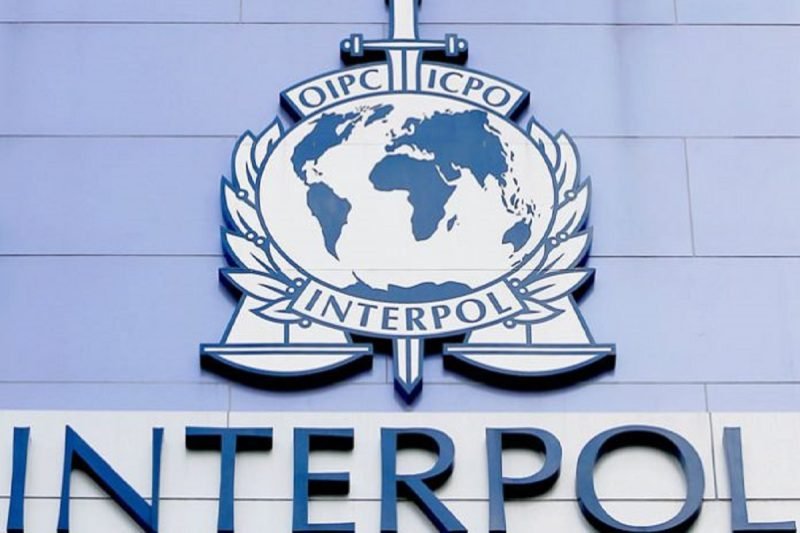Germany said on Wednesday that it hoped Ukraine would quickly reject an the International Criminal Police Organization (Interpol) request from Turkish regime under the autocratic rule of President Recep Tayyip Erdoğan to extradite a Turkish-born man who has been granted asylum status and citizenship by Berlin.
German media have reported that Ukraine arrested the man, identified only as 52-year-old Kemal K., a shop-owner from Cologne with a Ukrainian wife, at the request of the Turkish government.
Süddeutsche Zeitung reported that he had in the past been active in the outlawed far-leftist TKP/ML and fled to Germany in 2007, where he was granted asylum. He was reportedly granted citizenship in 2016.
Ankara accuses the suspect of involvement in two murders, charges which German courts have judged to be politically motivated.
The German Foreign Ministry on Wednesday confirmed the case, saying Kemal K. was arrested in Ukraine on July 23 but released locally three days later by a Kiev district court. “He can only leave Ukraine once the prosecution service has made a final decision on Turkey’s extradition request and the Interpol notice has been cancelled,” said a ministry spokeswoman.
“Our embassy in Kiev is dealing with the case … We are urging the Ukraine authorities to quickly reach a decision to enable Kemal K. to return to Germany.”
European Parliament has recently debated the abuse of Interpol by Turkey and other states after Germany and Sweden pushed the issue to the agenda after their citizens were detained in Spain based on arrest warrants issued by Turkey through Intertpol.
Matti Maasikas, Estonia’s Deputy Minister for EU Affairs, told MEPs in the European Parliament that an EU-Interpol committee would “discuss possible improvements of Interpol systems” with the police body at a meeting on November 20, 2017.
The Turkish government’s blatant abuse of Interpol to persecute, harass and intimidate critics and opponents is much worse than one can imagine, a research by Stockholm Center for Freedom (SCF), an advocacy group that tracks rights violations in Turkey, has revealed.
“The dubious and false charges filed by Turkey through Interpol to hunt down legitimate critics of Turkey’s autocratic President Erdoğan have in some cases succeeded in extraditing people from abroad, subjecting returnees to torture and ill treatment in notorious Turkish prisons. In other cases, people were stranded in third countries while travelling and were forced to fight the forcible return as they remained in detention facilities,” said the SCF report.
Leading NGOs, such as Fair Trials in the UK, the New York-based Human Rights Watch (HRW), and Reporters Without Borders (RSF) in Paris, have also urged the Interpol to weed out abuses.
In May Saudi Arabia, Malaysia, Georgia and Myanmar handed over academics, businessmen and school principals upon the Turkish government’s request despite the fact that some of those victims already had refugee status with the UN. The move drew harsh criticism from human rights organizations.















